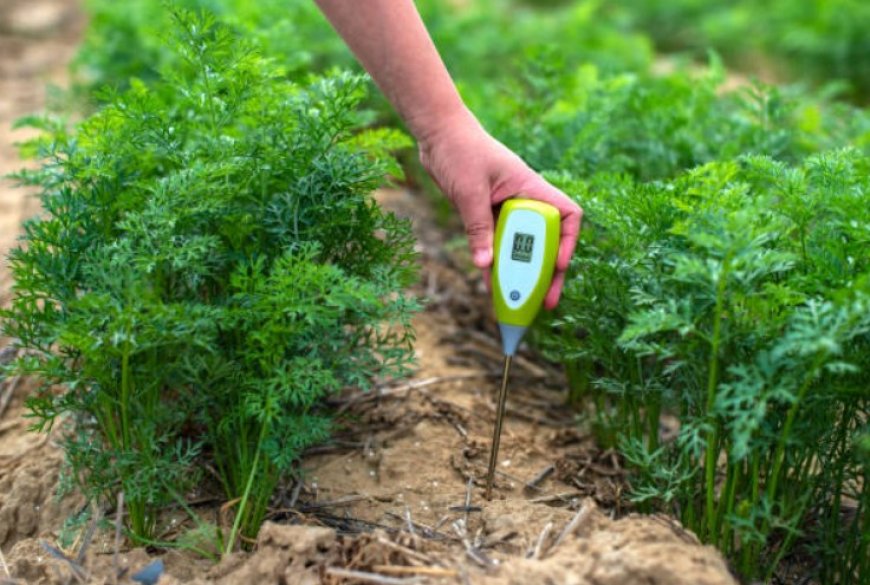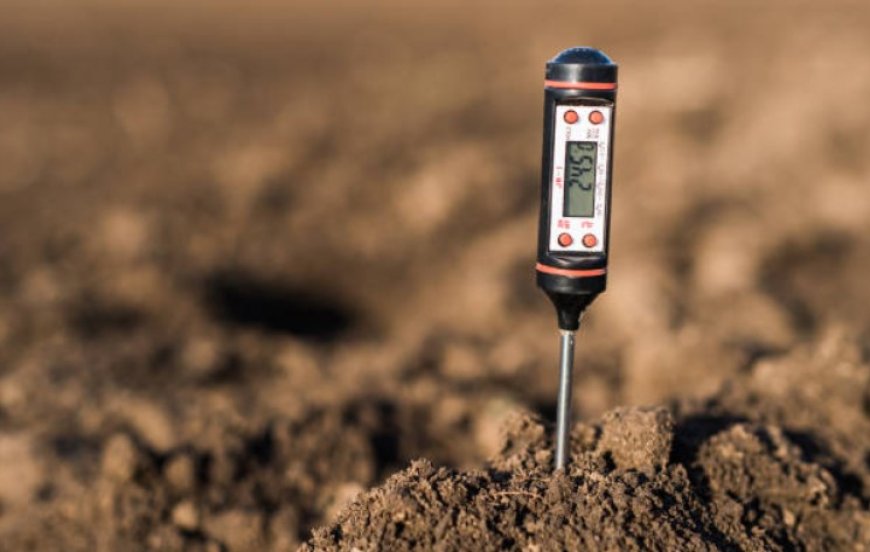Soil pH: What It Is and Why It Matters
How to Measure and Adjust Soil pH for Optimal Plant Growth
What is the soil pH level?
The soil's acidity or alkalinity is determined by the pH of the soil. On a scale of 1 to 14, with 7 representing neutrality, it is rated. A pH of 7 or above is alkaline, whereas a pH of 7 or below is acidic.
There are several reasons why soil pH is significant. It has an impact on the soil's structure, the activity of soil microbes, and the availability of nutrients to plants.
Elements that impact soil pH
Numerous elements, such as the following, might impact soil pH:
The climate is: Rain can cause the soil to become more acidic by nutrient leaching.
Parental guidance :The pH of the soil can also be impacted by the type of rock from which it was created. For instance, soils generated from granite are often acidic, whereas soils formed from limestone are typically alkaline.
Vegetation: A location's vegetation type may also have an impact on the pH of the soil. Coniferous plants, for instance, can create acids that increase the acidity of the soil.
Agricultural methods include: The pH of soil can also be impacted by the application of fertilizers and pesticides. For instance, some fertilizers may increase the soil's acidity while others may increase its alkalinity.
Optimal pH for plant growth in soil
Depending on the plant type, different soil pH values are best for plant growth. But a pH of 6.5 to 7.5 is preferred by the majority of plants. This is due to the fact that this pH range enables the best nutrient availability for plants.
How to calculate the pH of soil
Numerous techniques exist for determining the pH of soil, including:
Test strips for pH: pH test strips are an easy and affordable technique to determine the pH of soil. They are less precise than other approaches though.
* pH meters: Although pH meters cost more than pH test strips, they are more precise.
**Labs that test soil:** You can also have a soil testing lab determine the pH of your soil. This method of measuring soil pH is the most precise.
Adjusting the pH of soil
You can change the pH of your soil if it is not optimal for the plants you want to grow. There are several methods for doing this, including:
The liming: The process of liming involves adding lime to the soil to increase its alkaline content. Calcium carbonate is a naturally occurring compound that is used to make lime.
Including sulfur: Sulfur can increase the acidity of the soil. In coal and other minerals, sulfur can be found naturally.
When composting: Organic matter is broken down by composting to produce a nutrient-rich soil supplement. The pH of soil can be buffered by compost, increasing its neutrality.
Summary
The pH of the soil is a crucial element in plant growth. You may create an atmosphere that is appropriate for the plants you wish to grow by checking the pH of your soil and making any adjustments.















































































































































































































